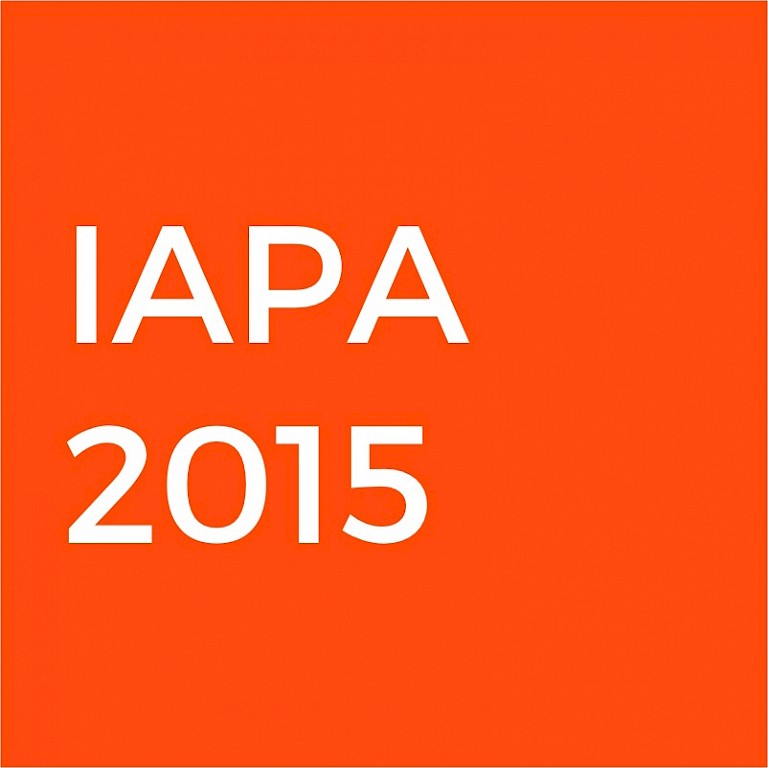



Landy’s project grows out of a personal interest in non-commercial values, in this case, the value of random acts of kindness, in which complete strangers give freely of their time, effort, and caring to each other in anonymous public spaces like the carriage on an Underground train. The idea for Acts of Kindness came after Break Down (2001) where the artist destroyed all of his personal belongings. Landy explains,
I’m interested in what makes us human in a basic sense apart from our economic identities, especially at this time when people have lots of financial worries and the world seems to be a very troubled place and we don’t really know how to move forward. I want to find out what makes us human, and what connects us, beyond material things. For me the answer is compassion and kindness. This project is a way of collectively exploring that idea.
When reviewing the numerous stories archived on the project website, one is struck by a common thread of surprise that runs through many of the narratives. Strangers were pleasantly surprised by acts of compassion and caring from fellow passengers, and many discovered in these free or non-commercial exchanges a sense of “solidarity” to quote from just one story. Audiences in this project were effectively reminded of the importance of non-commercial values, basic human values such as empathy, solidarity, and kindness, aspects of ourselves that tend to be overshadowed whenever we operate solely on the basis of our economic identities.
As a successful placemaking initiative, Acts of Kindness brings a sense of humanity and solidarity to an otherwise alienating public environment; it humanizes the public platforms and trains in London’s mass transit system, for some of the 4 billion passengers that pass through the Tube annually. A further measure of this project’s success is the subsequent commission Landy received from Film London to develop some of the stories collected into animated short-films, narrated by the authors themselves, those passengers who had submitted their stories.
The project is, in a compassionate way, a critique of the commodification of contemporary society and the privatization of the commons. It criticizes by highlighting those human dimensions of life that run the risk of being eroded by rampant materialism, with its attendant ideology of individualism and competition. Against divisive and alienating forces, this project explores the original sense of kindness, which in Landy’s terms, means “we’re kin, we’re of one kind.”
All copyright belongs to Shanghai Academy of Fine Arts, Shanghai University.



